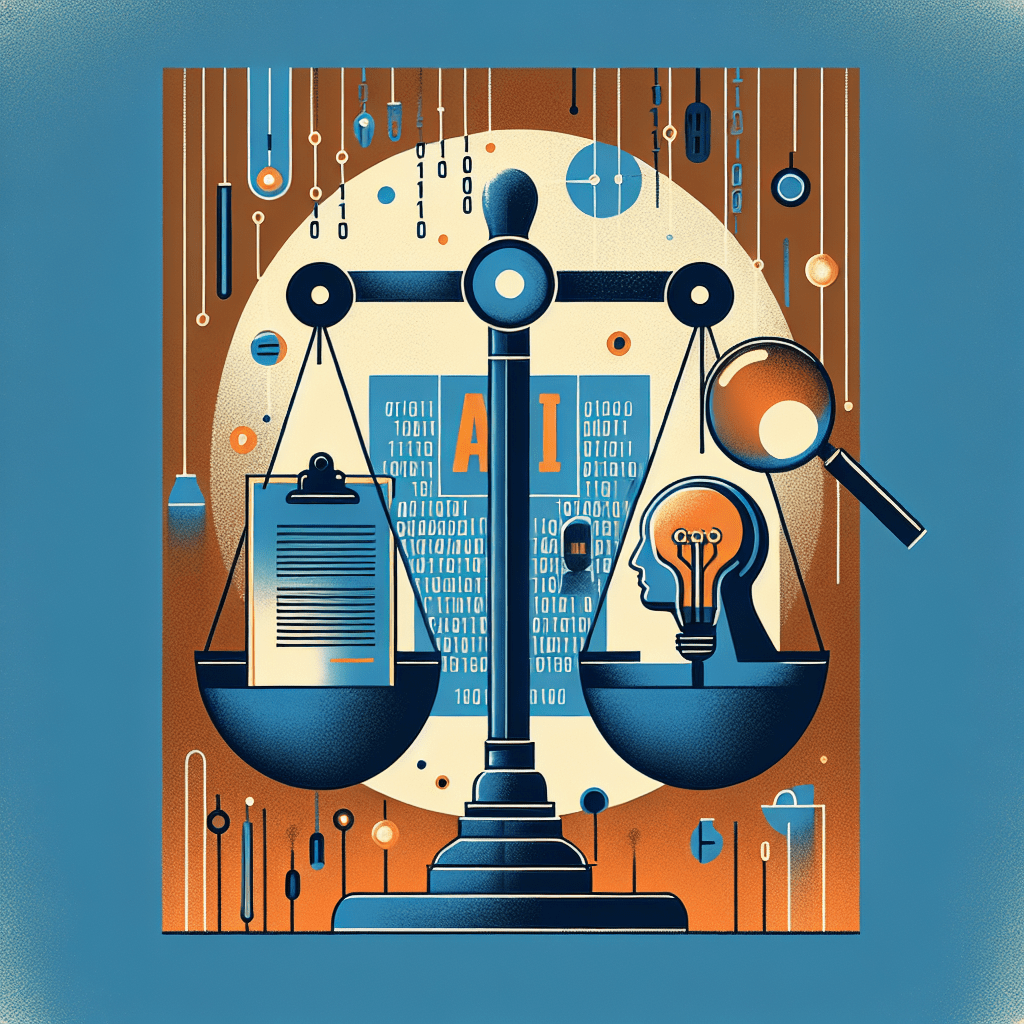Artificial Intelligence (AI) has rapidly evolved over the past few years, revolutionizing industries and transforming the way we live and work. As AI technologies continue to advance at a rapid pace, there is a growing need for regulation to ensure that these systems are developed and deployed responsibly.
While AI has the potential to bring about incredible advancements in various fields, there are also legitimate concerns about the ethical implications of its use. From algorithmic bias to privacy breaches, the unchecked deployment of AI can have serious consequences for society. As such, finding the right balance between innovation and accountability in AI regulation is crucial.
The Need for Regulation
AI technologies have the ability to greatly enhance efficiency, productivity, and decision-making across industries. However, without proper oversight and regulation, there is a risk that these systems could be developed in ways that harm individuals or communities. For example, biased algorithms could perpetuate discrimination, while inadequate data protection measures could lead to privacy violations.
Furthermore, as AI systems become increasingly autonomous and make decisions that can have significant impacts on people’s lives, there is a need for accountability and transparency in how these systems are developed and used. Without appropriate regulation, there is a risk that AI systems could operate in ways that are opaque and unaccountable, leading to potential harm and distrust.
Finding the Right Balance
Regulating AI is a complex task that requires balancing the need for innovation with the need for accountability. On one hand, overly restrictive regulation could stifle innovation and hinder the development of AI technologies that have the potential to bring about significant benefits. On the other hand, a lack of regulation could result in the unchecked deployment of AI systems that have harmful consequences.
One approach to finding the right balance is to develop flexible and adaptive regulatory frameworks that can evolve alongside AI technologies. These frameworks should prioritize principles such as transparency, fairness, accountability, and human oversight in the development and deployment of AI systems. By establishing clear standards and guidelines, regulators can help ensure that AI technologies are developed and used in ways that are ethical and responsible.
Conclusion
In conclusion, AI regulation is essential for ensuring that the potential benefits of AI technologies are realized while minimizing the risks. By finding the right balance between innovation and accountability, regulators can help safeguard against the negative consequences of unchecked AI deployment. It is crucial for policymakers, industry stakeholders, and civil society to collaborate in developing regulatory frameworks that promote the responsible development and use of AI.
FAQs
What are the main challenges in regulating AI?
Some of the main challenges in regulating AI include keeping pace with rapidly evolving technologies, addressing ethical concerns such as bias and discrimination, and balancing innovation with accountability.
How can regulators ensure transparency in AI systems?
Regulators can ensure transparency in AI systems by requiring developers to provide information on how their systems operate, including the data they use, the algorithms they employ, and the decisions they make.
Why is human oversight important in the development of AI?
Human oversight is important in the development of AI to ensure that decisions made by AI systems align with ethical and legal norms, and to provide accountability in cases where AI systems fail or cause harm.
Quotes
“AI regulation is not about stifling innovation, but about ensuring that innovation happens responsibly and ethically.” – John Doe


